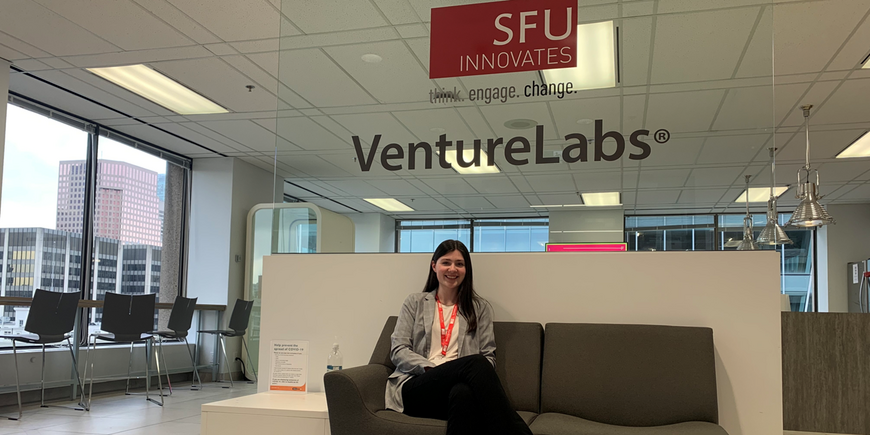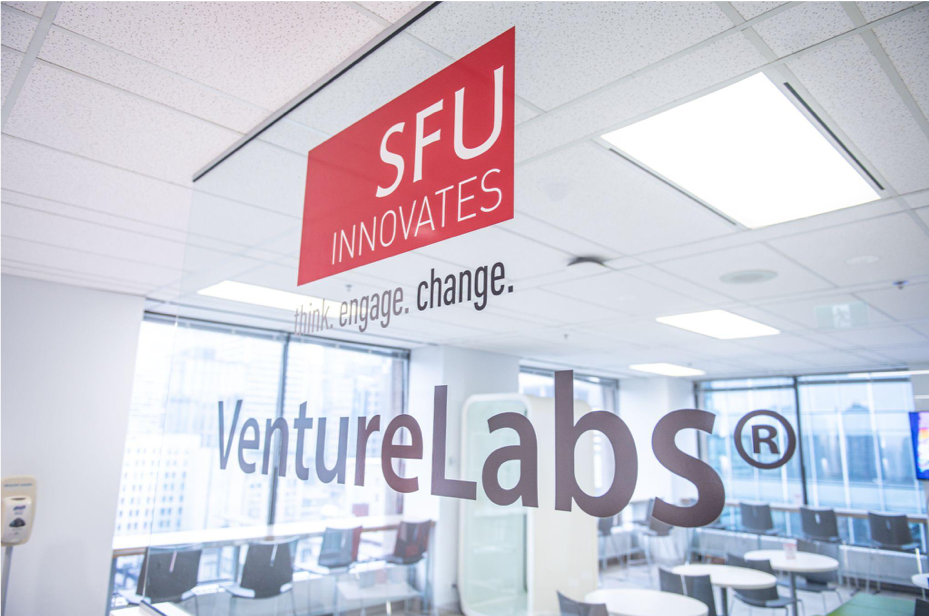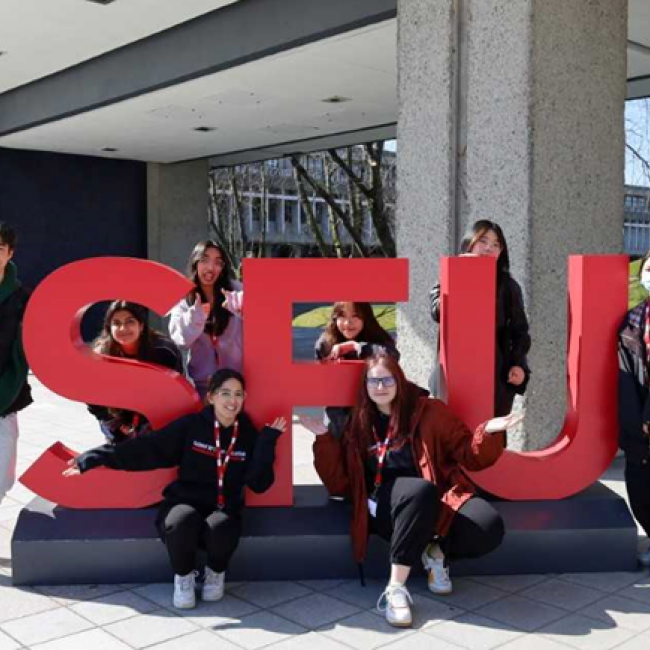
After 12 months of Co-op terms at 3 very different companies, I am closing out this major piece of my undergrad. I started out at a crown corporation, moved on to a rapidly growing tech startup and now I am currently wrapping up with SFU VentureLabs, which is the university’s business accelerator for new tech and science-based ventures. While VentureLabs is not a startup or even a small company itself, we work directly with small & medium sized enterprises, and help them grow effectively. All of these placements combined have given me a great foundation and transferable skills, but I also learned equally valuable things about different work environments. I encourage anyone still in Co-op to not overlook the very real benefits of smaller organizations.

When you first enter the Co-op program, it’s easy to be drawn in by all the big names and Fortune 500 companies that you want to spend the next 4-8 months with. These are brands we recognize, and we can easily fall into the thinking that those are inherently “better” opportunities. There are undoubtedly some unique benefits to large organizations, but I will argue the same for smaller organizations and startups based on 3 key points as follows:
1. Work Closer with Executives
- A smaller company usually means a smaller and more closely-knit team. In my second co-op, I was at a local tech company that recently celebrated their 10-year anniversary but still very much embodied some startup attitudes and practices. We were a team of 20 or so people spread across Canada, Europe and Australia, and I got to work closely with them all. I sat a few desks away from the CEO and was in an open office with a phenomenal team of experts in their own domain that I would observe and work with on a daily basis
- This proximity to mentors, whether physical or virtual, is something that you don’t get to the same degree at larger companies. At a large company, there will be much more separation between you as a student and the executives. It is an incredible privilege to have the opportunity to build these relationships in these settings. It is also fascinating to watch people at this level do what they do best, and ask questions along the way.
2. Opportunity to Make an Impact
- There are stages to Co-op in my eyes. Early on, it's all about learning new skills and being a sponge to soak up as much knowledge as possible from these placements. Later on, however, the emphasis is on putting what you have learned previously into practice and seeking Co-op terms that will allow you to a.) keep learning always, but also b.) produce something. Put your skills on display, take ownership over projects and make an impact.
- One of the most rewarding things I will take away from my Co-op terms is presenting my work to clients and having them actually take it and implement it into their business. At larger organizations, students may not always get the access or direct interaction with clients because there are so many other moving pieces and people to handle that. We will often get to contribute ideas and work on pieces for clients, but to actually meet with clients, understand their needs and then produce something they can directly use is extremely valuable and encouraging.
3. Room to Think Outside the Box
-
One of the best things about earlier stage companies or startups is that they are malleable. Their processes and products may not be set in stone. This means that there is room for more lateral thinking and new innovations. I found that there was a very energizing culture of forward thinking and that people are really open to creative solutions. I was encouraged to think outside the box and put my own flare on my work. In larger, more established organizations, processes are also more established and it can be harder to break the mold and have that creative freedom to try new things. Working at a smaller organization also means employees typically wear multiple hats and can develop a wide skill set from having to find creative solutions for a range of tasks.
























